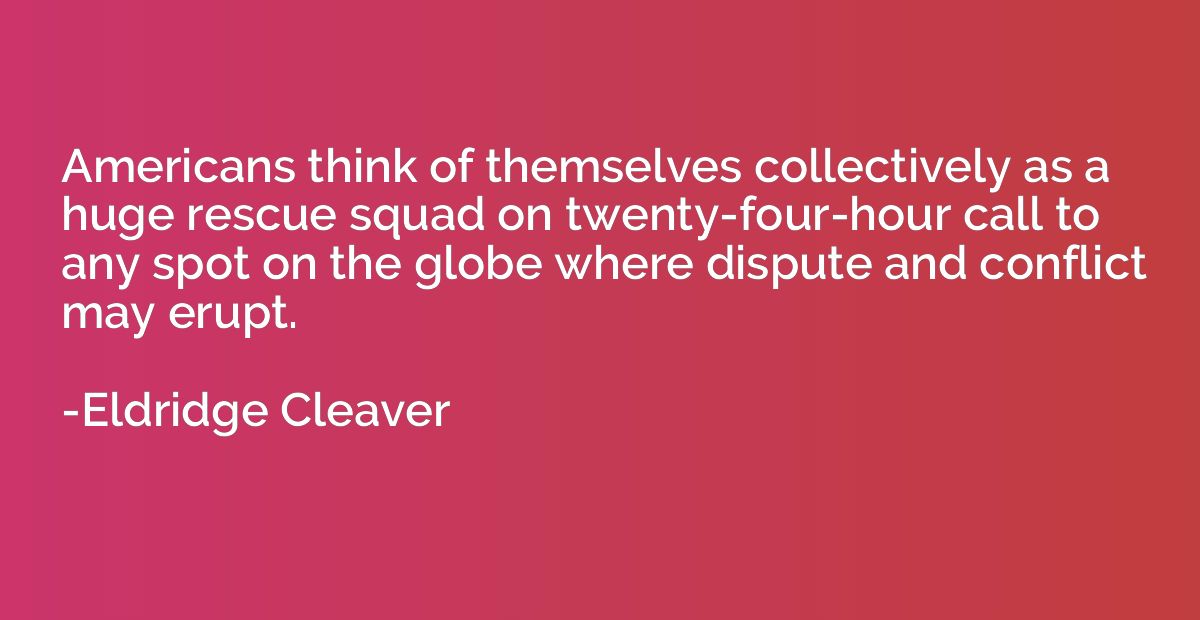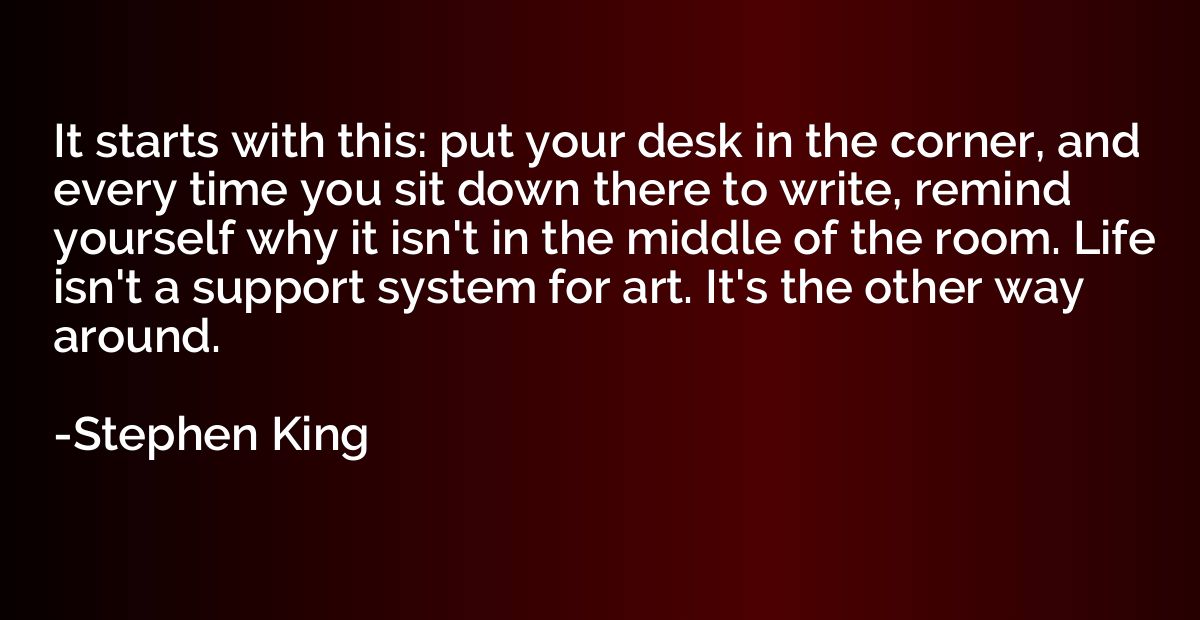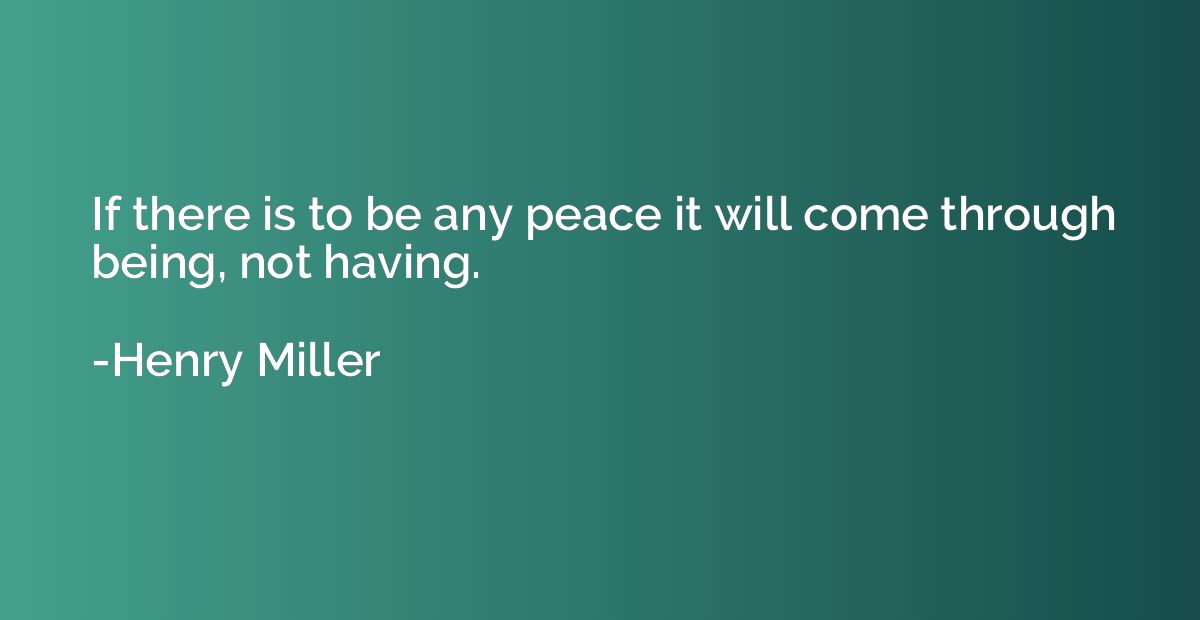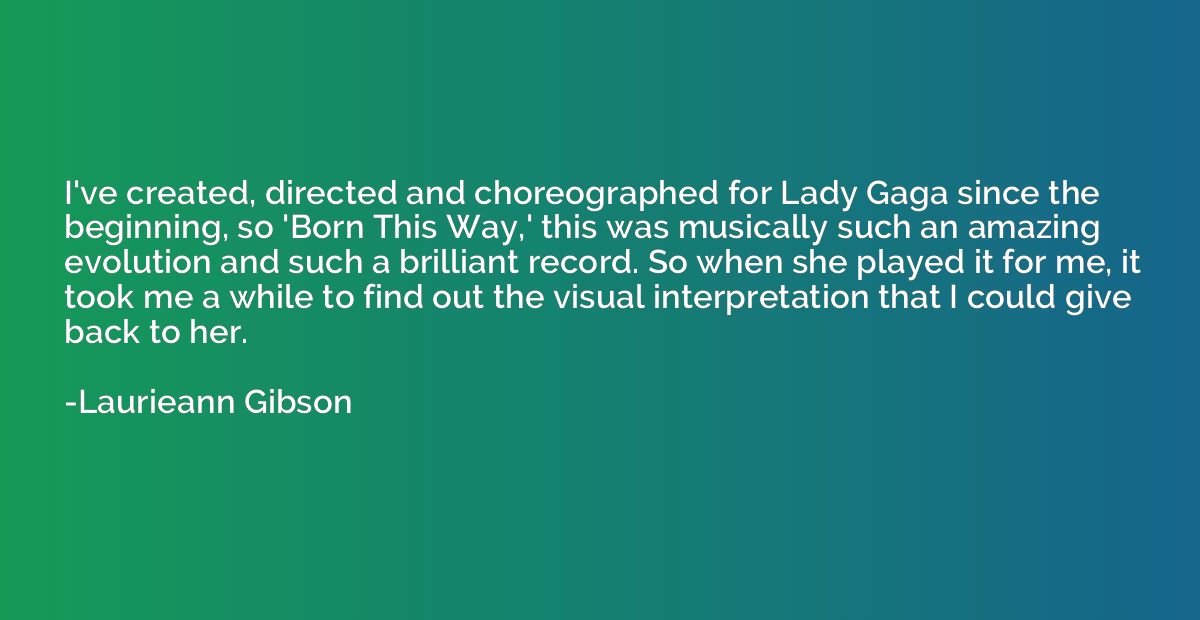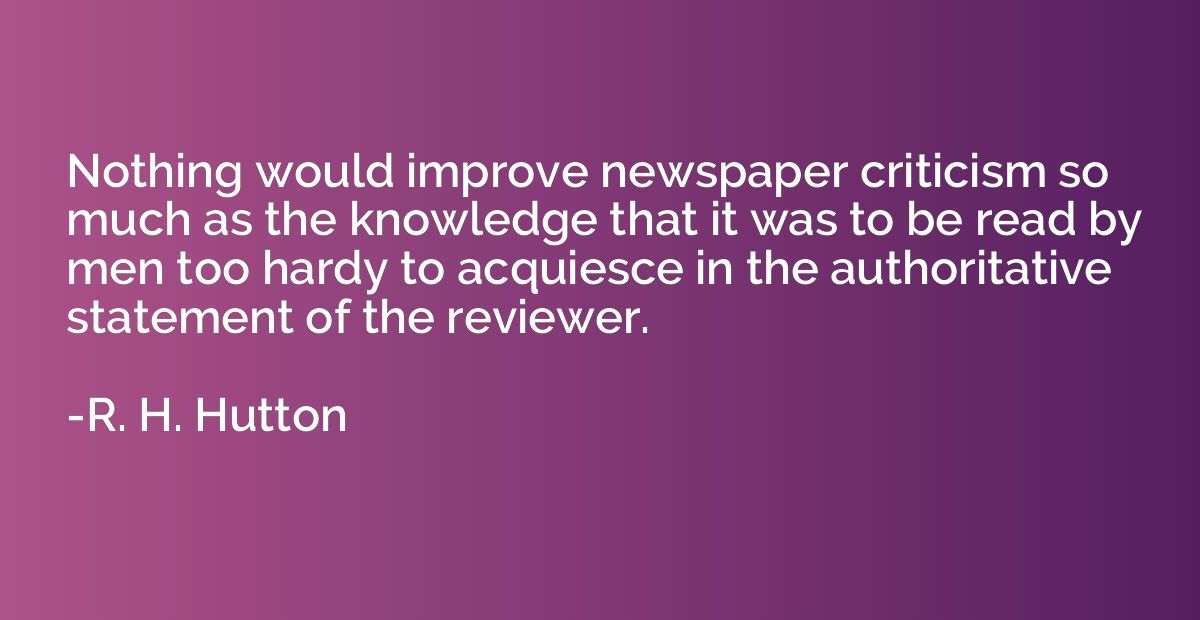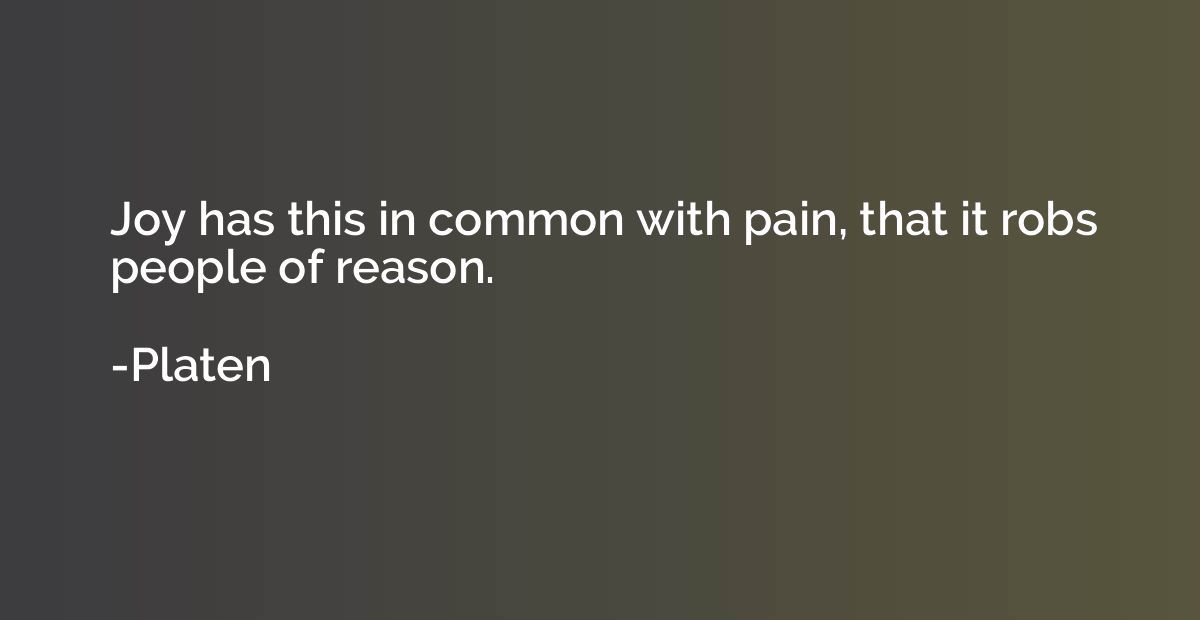Quote by Heinrich Suso
Thou shalt understand that it is a science most profitable, and passing all other sciences, for to learn to die. For a man to know that he shall die, that is common to all men; as much as there is no man that may ever live or he hath hope or trust thereof; but thou shalt find full few that hath this cunning to learn to die. I shall give thee the mystery of this doctrine; the which shall profit thee greatly to the beginning of ghostly health, and to a stable fundamental of all virtues.
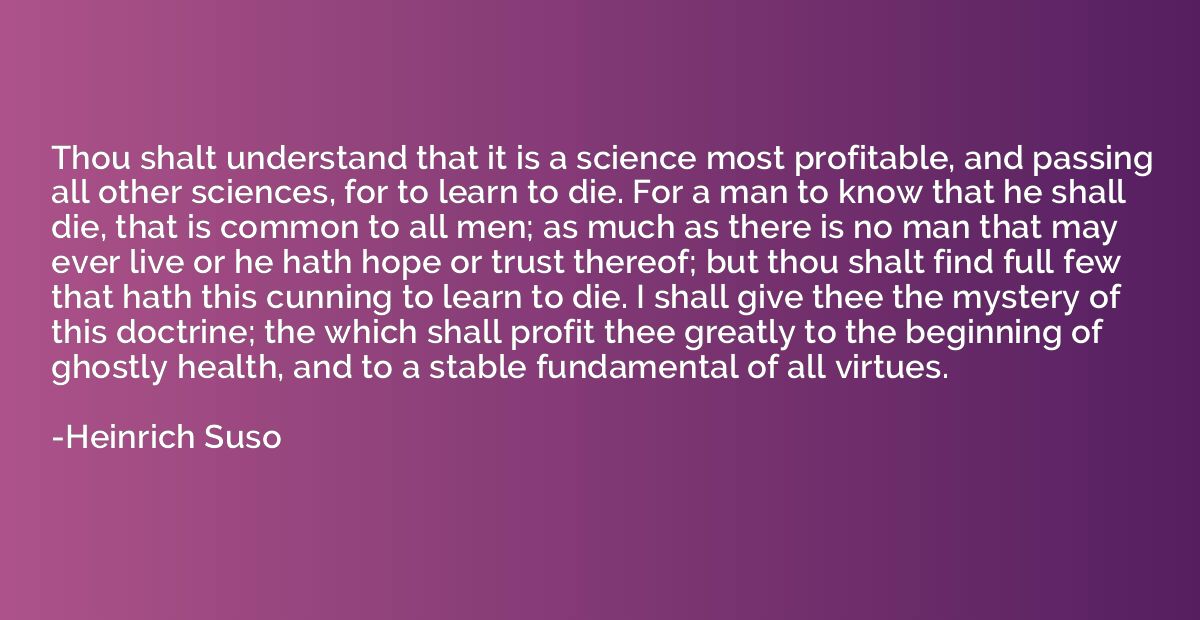
Summary
This quote emphasizes the importance of understanding the art of dying, as it is a profound and invaluable science. While the awareness of one's own mortality is a universal concept, very few individuals possess the wisdom and skill to truly learn how to die. The quote promises to reveal the secret of this doctrine, asserting that such knowledge can greatly benefit one's spiritual well-being and serve as a solid foundation upon which to build all other virtues. In essence, it underscores the transformative power of accepting and embracing the inevitability of death.



